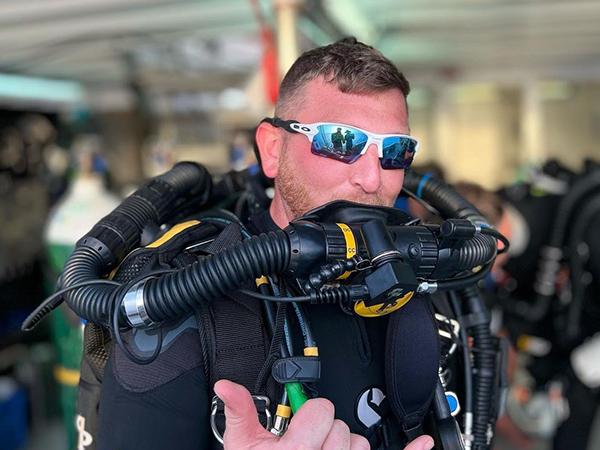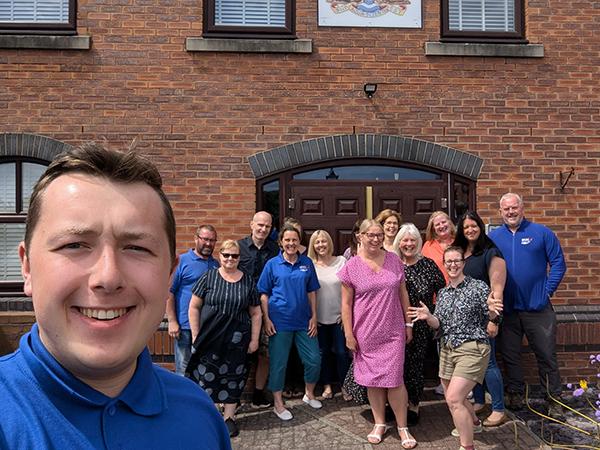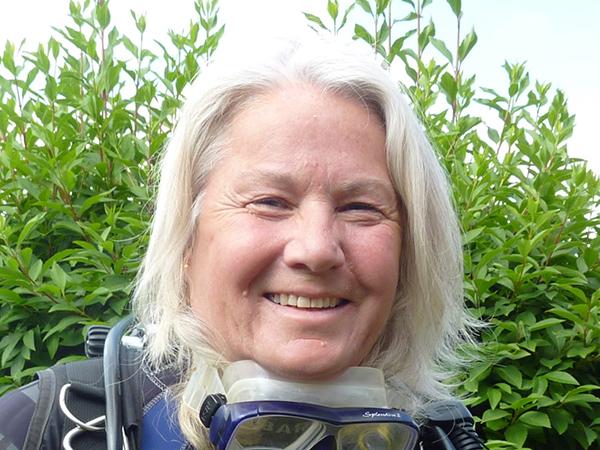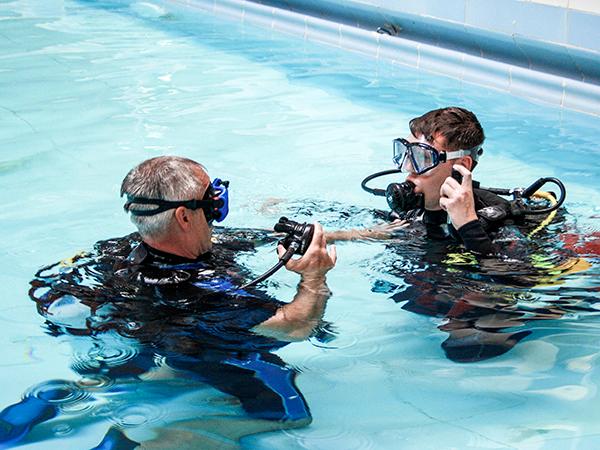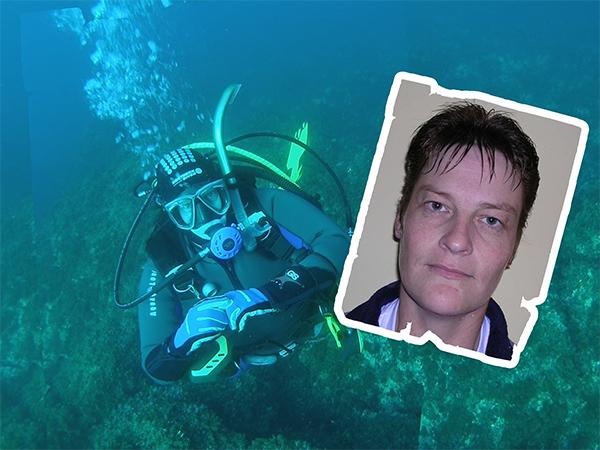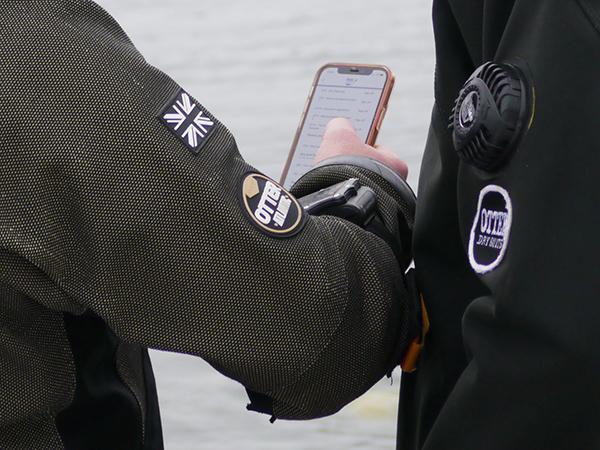Whilst everyone in the club is responsible for safeguarding, the club’s Welfare Officer is the person with primary responsibility for managing and reporting concerns about safeguarding, discrimination and exclusion. It is important that the safeguarding of children (under 18s) and adults is embedded by putting into place appropriate safeguarding procedures.
For clarity, ‘adults at risk’ describes people aged 18 or over who are in need of care and support, regardless of whether this is being received by them, and because of those needs, these persons are unable to protect themselves against abuse or neglect.
A good Welfare Officer is someone who is:
- Able to work with a team to ensure that diving and snorkelling is a fun, enjoyable and safe experience for all.
- Passionate about creating a diverse and inclusive environment that enables all, especially children and young people (if applicable to your club), to thrive.
- Accessible and approachable to everyone (ideally not the instructor or volunteer with direct responsibility for delivering junior programmes at the branch).
Responsibilities of a branch Welfare Officer
Policy and procedures
- To assist the club to ensure the BSAC Child Safeguarding, Adult Safeguarding and Equality, diversity and inclusion (EDI) policies and procedures are in place, where appropriate.
- To promote awareness of the BSAC Code of Conduct policy for instructors, volunteers, members (juniors and adults) and parents.
- To ensure that appropriate appointment procedures for volunteers are followed, when for example a member is appointed by a branch to become a Snorkel Instructor teaching under 18s.
- To ensure that all appropriate existing instructors or volunteers in a regulated activity have an up-to-date DBS check. These should be updated every three years.
Referrals
- To be the first point of contact for branch volunteers, members, young people and parents for any issues concerning child welfare/adults at risk, poor practice, discrimination and potential or alleged abuse.
- To ensure that all incidents and concerns are reported correctly and referred in accordance with safeguarding and EDI policy guidelines.
- To ensure confidentiality is maintained and personal information is only shared on a ‘need to know’ basis.
- Be the first point of contact with the BSAC Safeguarding Officer and BSAC Welfare Officer at HQ.
Welfare and safeguarding training
- To advise the club on appropriate training for instructors and volunteers based on BSAC’s recommended training requirements.
- To signpost those with roles and responsibilities for children and young people to appropriate safeguarding and EDI training opportunities.
- Note, there is a BSAC Child Safeguarding Policy workshop recording online to support here.
General
- Work with others in the club to ensure a positive and diverse environment.
- To sit on the club management committee to advise on EDI issues, child and/or adult safeguarding issues or be in attendance as necessary.
Knowledge needed
- Awareness of core equalities legislation, government guidance and national framework for safeguarding and promoting the welfare of children and young people.
- Awareness of core legislation, government guidance and national framework for equality, diversity and inclusion, as discussed in Equality Act 2010.
- Awareness of issues relating to equality, child protection and safeguarding adults at risk.
- Understanding of poor practice, discrimination, harassment, victimisation, bullying and abuse.
- Understanding of BSAC’s recommended procedures relating to EDI and safeguarding children, young people and adults at risk.

